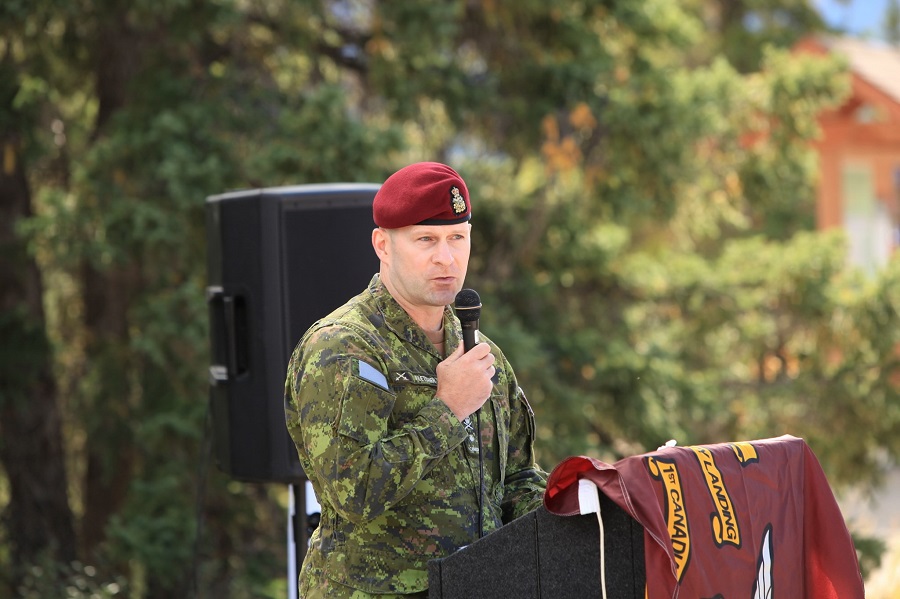CBH99 said:
I stayed in for a little while during that period, and I believe most of the members who left was because the army went back to 'garrison life'.
There was no longer a focus on specific training for a specific task, with the expectation that the member would be deployed to a theatre & conducting those tasks for real in the near future. There was no exciting 'end goal', sort of speak.
It went back to being parade square focused, patch focused, with no need to produce a productive or lethal product at the end of a training cycle. And that, is where most members left, and why we have a hard time retaining members now. (In my opinion anyway)
:2c:
I posted this a few days ago, and it kicked off a bit of a discussion about whether the CAF as a whole has a 'crisis of purpose' and some commentary about SSE.
My only intent in making this original statement was my own experience in the Army.
The RCAF and RCN seem pretty busy, and if I often try to steer younger folks into joining one of those elements rather than the Army. Not that my experience in the Army was bad - but having grown up a lot, and seen what the other elements do & a small bit of exposure to their work environments, I do try to steer younger folks to either the RCN or RCAF.
What I was alluding to in my statement was that when Afghanistan ended, a lot of good members left the military. And they took a ton of extremely useful and recent combat experience with them.
The reason a vast majority of them left is because it was extremely clear that the Army was going back to 'garrison life'. Aka "Army Dumb".
And while that may be okay for younger folks when they first get in, to get some valuable courses & experience -- during peacetime -- telling an Army full of recent combat vets that they're going to spend a lot of time marching in circles on a parade square & taking courses on everything they've been doing for real, was a huge spark of folks leaving. Leaving en-masse.
Recruiting for the Army was amazing during the Afghan War years. The CAF was in the news almost daily, and we were 'protecting civilians and killing bad guys' - which is something that attracted people. (We're talking about branding - there is an element of that which does help recruiting.)
Not only was recruiting great, but I found life in the Army was a LOT better. We didn't spend a lot of time on stupid useless things, or learning the same skills we were already qualified. There wasn't a ton of random 'make work' projects to keep the troops from being bored.
There was a war, and there was a good chance you were going to fight in it. And soon.
There was a sense of purpose in that regards. Training, real world applicable skills, lessons learned, listening to experience from members who had just returned, etc etc. There was a real motivation to be smarter, faster, stronger, improve marksmanship, and really familiarize yourself with kit & skills you may not usually focus on -- because sooner vs later, you were going to be hunting Taliban. And the Taliban were going to be hunting you.
That is the 'sense of purpose' I think has been lost in the Army. There is no real focus on fighting and excelling at a specific conflict, because there isn't any urgency, nor does the Army know what the next conflict will look like.
Folks in the Army know Russia isn't about to invade us via the Arctic, nor are they going to invade Europe. Exercise Maple Resolve - Latvia edition, is just that. And members know it.
Same with the Iraq training mission. Or Ukraine training mission. Yes, we do it -- but there isn't that 'excitement' or 'urgent focus' the way there was in Afghanistan.
A lot of Army folks that I chat with decently often are also well aware that any real contribution we make to operations in the SCS will be the RCN & RCAF. It's really hard to find a C7 accurately while doing a flutter kick.
Sorry to pop this in here today. I was catching up on the thread and noticed some commentary after my quote, so I just wanted to clarify what I meant.

